Gas powered irrigation pumps are essential tools for farmers and agricultural workers looking to efficiently water their crops. These powerful machines provide the necessary force to move water from a water source, such as a pond or well, to the fields where it is needed. In this article, we will delve into the world of gas powered irrigation pumps, exploring their functionalities, benefits, and considerations for use.
Gas powered irrigation pumps work by harnessing the power of gasoline engines to drive a centrifugal pump. The pump creates a vacuum that draws water in from the water source, and the engine then pressurizes and pushes the water through pipes to the fields being irrigated. These pumps are capable of moving large volumes of water over long distances, making them an ideal choice for agricultural operations of all sizes. One key advantage of gas powered irrigation pumps is their portability. Unlike electric pumps that require a power source nearby, gas powered pumps can be easily transported to different locations on the farm. This flexibility allows farmers to irrigate multiple fields without the need for complex and expensive infrastructure.
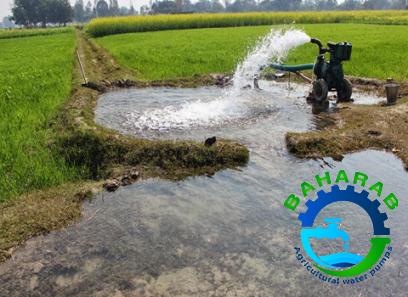
.
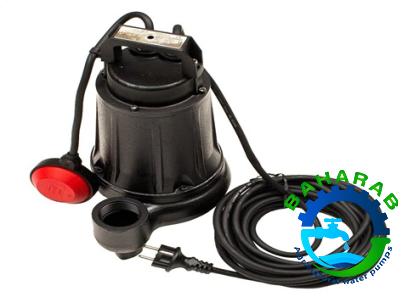 When choosing a gas powered irrigation pump, there are several factors to consider to ensure optimal performance and efficiency. One of the key considerations is the pump’s flow rate, which is measured in gallons per minute (GPM). The flow rate should be matched to the specific water requirements of the crops being irrigated to avoid over or under watering. Another important factor to consider is the pump’s engine power, which is typically measured in horsepower (HP). Higher horsepower engines can move water more quickly and over greater distances, but they may also consume more fuel. It is important to strike a balance between power and fuel efficiency to achieve the best results. In addition, the type of pump and pump size should be selected based on the scale of the irrigation system and the terrain of the fields. Centrifugal pumps are commonly used for irrigation purposes due to their high flow rates and ease of maintenance. The pump size should be chosen to match the volume of water that needs to be moved, taking into account factors such as pipe length and elevation changes.
When choosing a gas powered irrigation pump, there are several factors to consider to ensure optimal performance and efficiency. One of the key considerations is the pump’s flow rate, which is measured in gallons per minute (GPM). The flow rate should be matched to the specific water requirements of the crops being irrigated to avoid over or under watering. Another important factor to consider is the pump’s engine power, which is typically measured in horsepower (HP). Higher horsepower engines can move water more quickly and over greater distances, but they may also consume more fuel. It is important to strike a balance between power and fuel efficiency to achieve the best results. In addition, the type of pump and pump size should be selected based on the scale of the irrigation system and the terrain of the fields. Centrifugal pumps are commonly used for irrigation purposes due to their high flow rates and ease of maintenance. The pump size should be chosen to match the volume of water that needs to be moved, taking into account factors such as pipe length and elevation changes.
..
 Furthermore, it is crucial to operate gas powered irrigation pumps safely and in accordance with manufacturer guidelines. This includes proper ventilation when using the pump in enclosed spaces, ensuring the pump is securely grounded to prevent electrical hazards, and following fueling and maintenance procedures to prevent accidents and injuries. In conclusion, gas powered irrigation pumps are indispensable tools for farmers seeking to optimize water distribution and enhance crop yields. By understanding the functionalities, benefits, and considerations for use of gas powered irrigation pumps, farmers can make informed decisions when selecting and operating these machines. With the right pump and proper maintenance practices in place, farmers can achieve efficient and sustainable irrigation practices that benefit both their crops and the environment.
Furthermore, it is crucial to operate gas powered irrigation pumps safely and in accordance with manufacturer guidelines. This includes proper ventilation when using the pump in enclosed spaces, ensuring the pump is securely grounded to prevent electrical hazards, and following fueling and maintenance procedures to prevent accidents and injuries. In conclusion, gas powered irrigation pumps are indispensable tools for farmers seeking to optimize water distribution and enhance crop yields. By understanding the functionalities, benefits, and considerations for use of gas powered irrigation pumps, farmers can make informed decisions when selecting and operating these machines. With the right pump and proper maintenance practices in place, farmers can achieve efficient and sustainable irrigation practices that benefit both their crops and the environment.
…
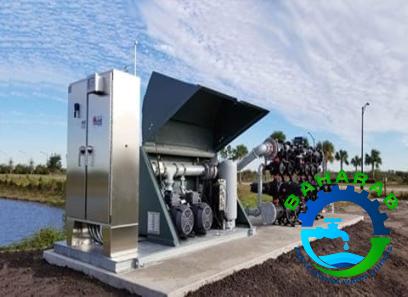 In conclusion, gas powered irrigation pumps are essential tools for farmers seeking to efficiently water their crops and maximize yields. By harnessing the power of gasoline engines to drive centrifugal pumps, these machines offer high flow rates, portability, reliability, and cost-effectiveness. When selecting a gas powered irrigation pump, it is important to consider factors such as flow rate, engine power, pump type, and pump size to ensure optimal performance. With proper maintenance and safe operation, gas powered irrigation pumps can help farmers sustainably manage their irrigation needs and achieve successful harvests for years to come.
In conclusion, gas powered irrigation pumps are essential tools for farmers seeking to efficiently water their crops and maximize yields. By harnessing the power of gasoline engines to drive centrifugal pumps, these machines offer high flow rates, portability, reliability, and cost-effectiveness. When selecting a gas powered irrigation pump, it is important to consider factors such as flow rate, engine power, pump type, and pump size to ensure optimal performance. With proper maintenance and safe operation, gas powered irrigation pumps can help farmers sustainably manage their irrigation needs and achieve successful harvests for years to come.

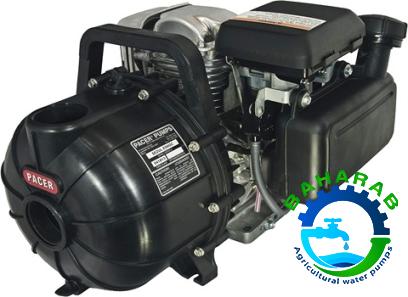
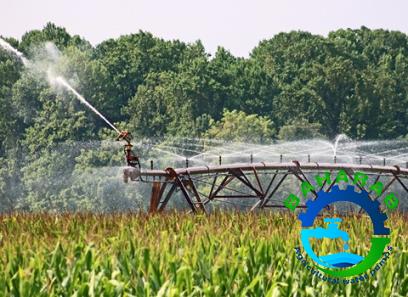
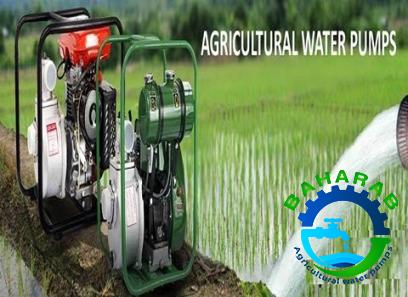

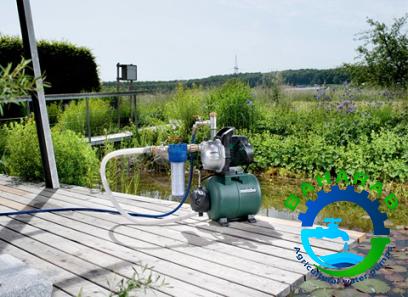
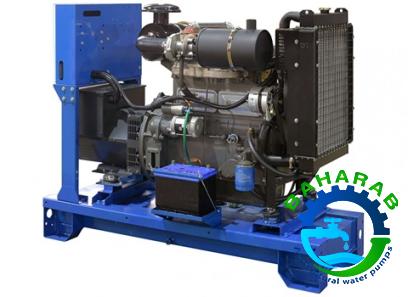
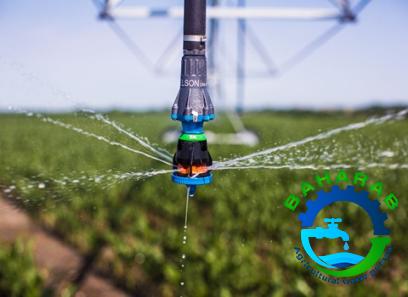
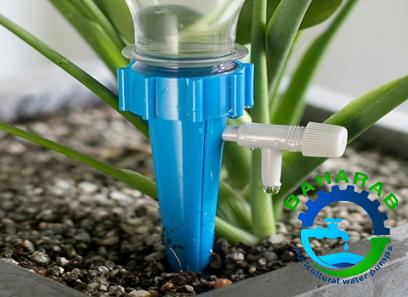
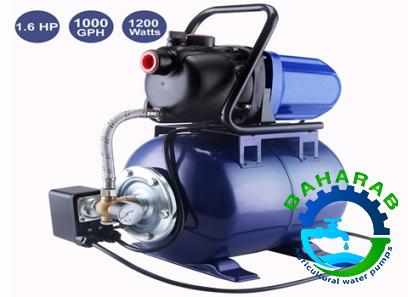
Your comment submitted.